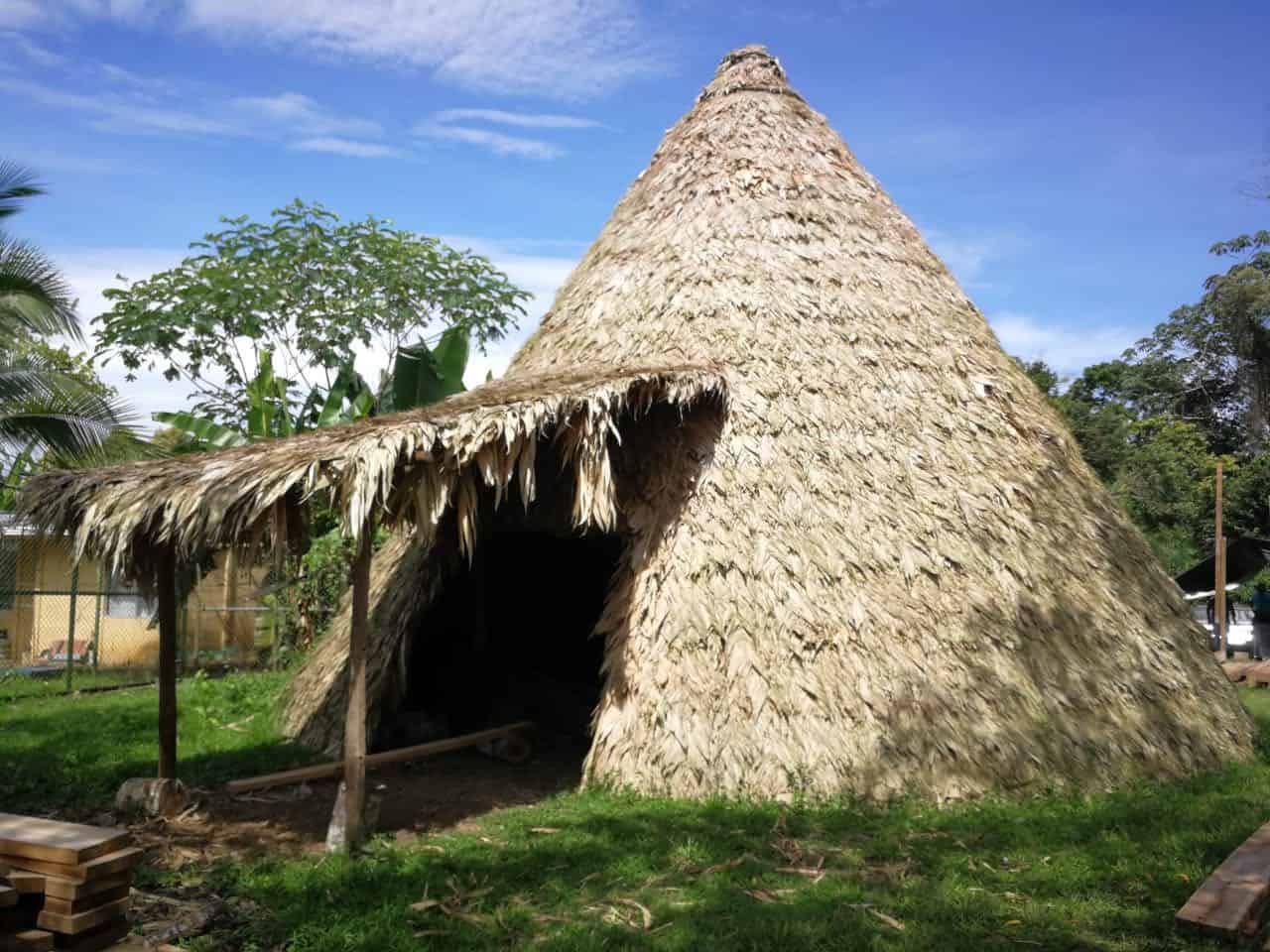After four years with Peace Corps Costa Rica, I am reflective about living and working in indigenous communities throughout Limón Province. As a youth development volunteer for my first two years, I was living and working in Bribri indigenous territory.
The last two years, I have continued to live in the Southern Caribbean as a regional leader. I’ve supported Peace Corps Volunteers (PCV) throughout the region in indigenous communities and collaborated with regional counterparts throughout the Bribri and Kabekar indigenous territories of the province.
What touches me most about these communities is their ceremonial and sacred approach to daily life, seen in many aspects of the society. I will share three main examples of how this is manifested: through visits, connection to society and connection to nature.
Especially in Bribri culture, an unannounced visit to someone’s home is welcomed with open arms. You are offered something to drink, and often a meal with a bag of tropical fruits to take with you. They may or may not converse with you during the visit, but the sheer act that you went to their house is tremendously valued. They will feel a deeper connection to you from then on.
Another important aspect to indigenous culture is the way you interact with society. Everything, from the way you say hello to the fellow people on the bus or boat to the exchanges you have on the street, are representative of the cultural values. It is always important to acknowledge those around you as a sign of respect. Additionally, the trade system is used, with a constant attitude that “God will provide” and endless generosity.
Finally, you will find sustainability and connection to nature manifested organically throughout communities and in people’s homes. Traditional houses are made of all natural materials tied together, not requiring a single nail to hold them together. Natural medicines, remedies and tropical fruits are abundant.
Like all societies, there are always challenges. Of course, nothing is perfect and it has been an honor learning about both the beauties and challenges of indigenous communities of Limón Province. Indigenous community members have demonstrated a level of mindfulness that is truly connected to a higher power. The humility and glow in the eyes of the people are a seed of hope for humanity, and greatly inspires me to be a better person.
The Peace Corps photo series in The Tico Times Costa Rica Changemakers section is sponsored by the Costa Rica USA Foundation for Cooperation (CRUSA), a proud financial supporter of Peace Corps Volunteer projects nationwide. Learn more here. To donate to support the Peace Corps Costa Rica, visit the official donation page. Volunteers’ last names and community names are withheld from these publications, per Peace Corps policy.
Connect with the Peace Corps Costa Rica on Facebook, Instagram or Twitter.







